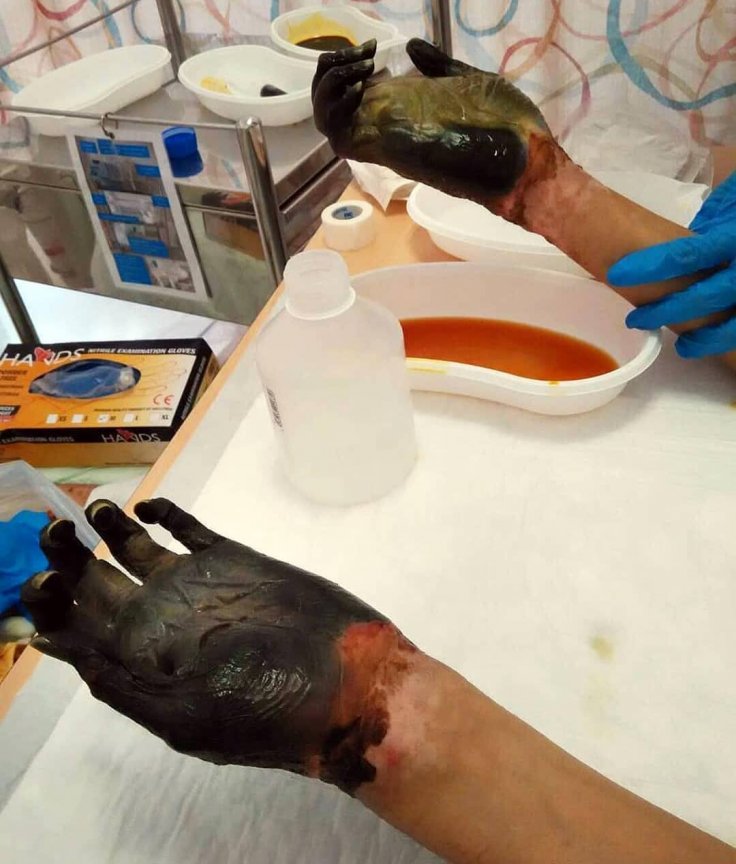In a circular from Singapore's Ministry of Health (MOH) to doctors, medical services director Kenneth Mak said 50 cases of invasive GBS infections, caused by a common bacterium (group B streptococcus), were reported by public hospitals in July, twice the average monthly figure of 25 from earlier this year.
After the lab tests, it was found that 18 of these 50 cases were infected by GBS Type III ST283. As per the reports, the profile of these patients is similar to those who were infected by the same bacteria in the 2015 outbreak, which was found to have a link to raw fish.
A ban on the sale of freshwater fish has been imposed since December 2015, after GBS Type III ST283 infected over 150 patients who ate this fish.
After the recent spike in GBS infection cases, along with MOH and Singapore Food Agency (SFA) started their investigation and on Sunday they said none of the food stalls, visited by patients who recently contracted the infectious strain, had sold raw fish dishes.
The statement also said SFA did not detect GBS Type III ST283 in the routine sampling and testing of fish samples analyzed between May 2019 and August 2020.
Joint Investigation And Advisory
MOH and SFA said in a joint statement that the officials are conducting field investigations at various locations and collecting information on the patients' food history as part of its probe into the recent spike in GBS infection cases.
MOH has reminded the food stalls, which are selling ready-to-eat raw fish to make sure that the sellers practice good hygiene and handle the fish properly before serving to the customers. The Health ministry also alerted doctors to remain vigilant and report suspected GBS infection cases.
The ministry also added that people, mostly those belonging to the vulnerable groups—children, pregnant women, elderly people and those with chronic diseases like diabetes—should exercise caution by avoiding the consumption of raw food. The authorities also advised the Singaporeans to thoroughly cook their food, wash hands and utensils before preparing and consuming food.
Tan Whee Boon was one of the victims who got infected by GBS bacterium in 2015. As he showed symptoms like vomiting, diarrhea, and fever, it was thought to be a case of food poisoning but soon it turned out to be a fatal one.
Due to the GBS infection, which resulted in lack of oxygen, his hands and feet turned purple and then dark red. Soon, they turned black and the skin on affected body parts began to wilt. This left no option but amputation for doctors.










